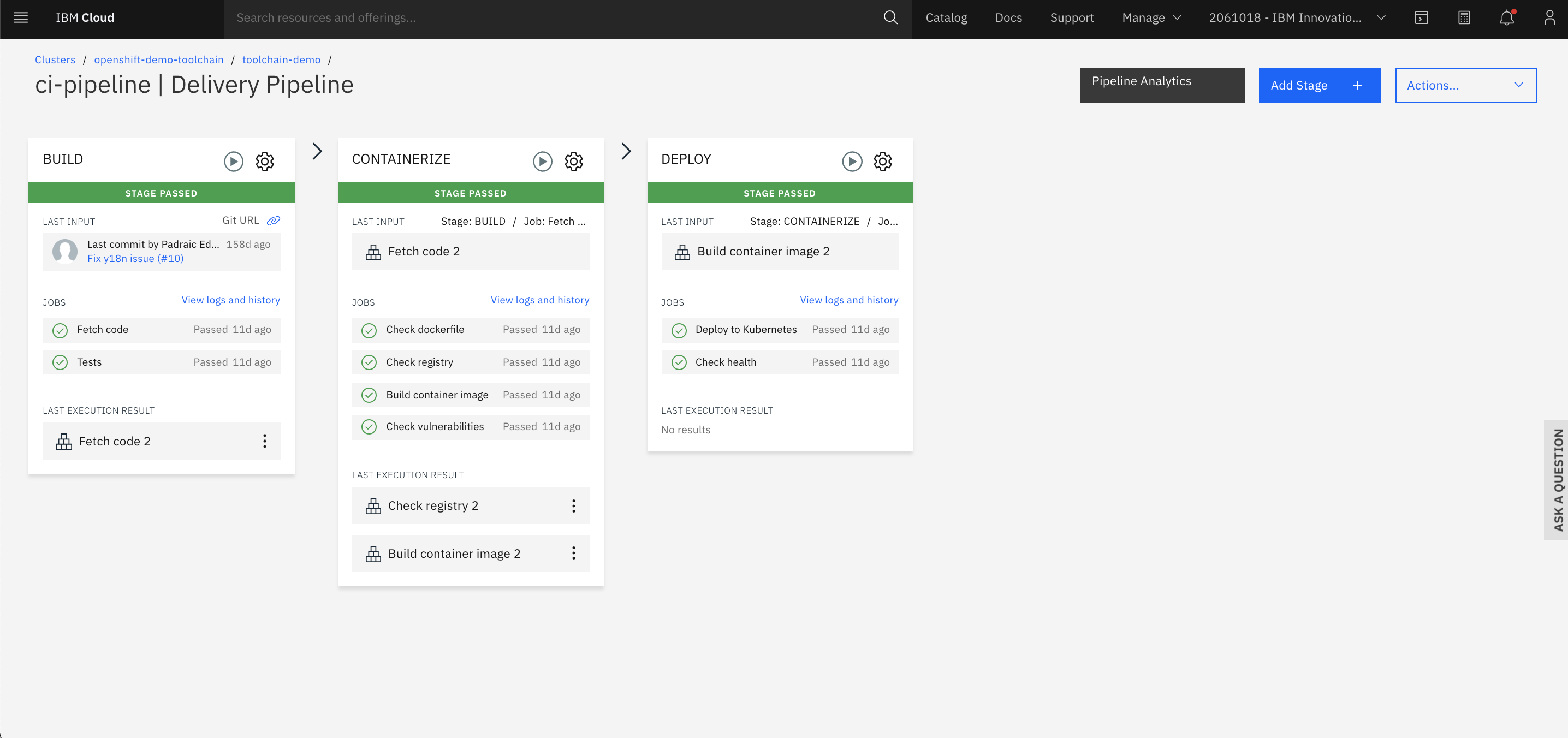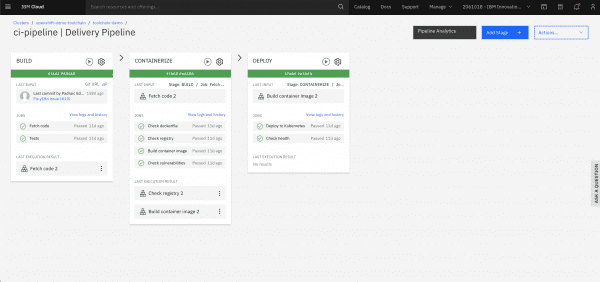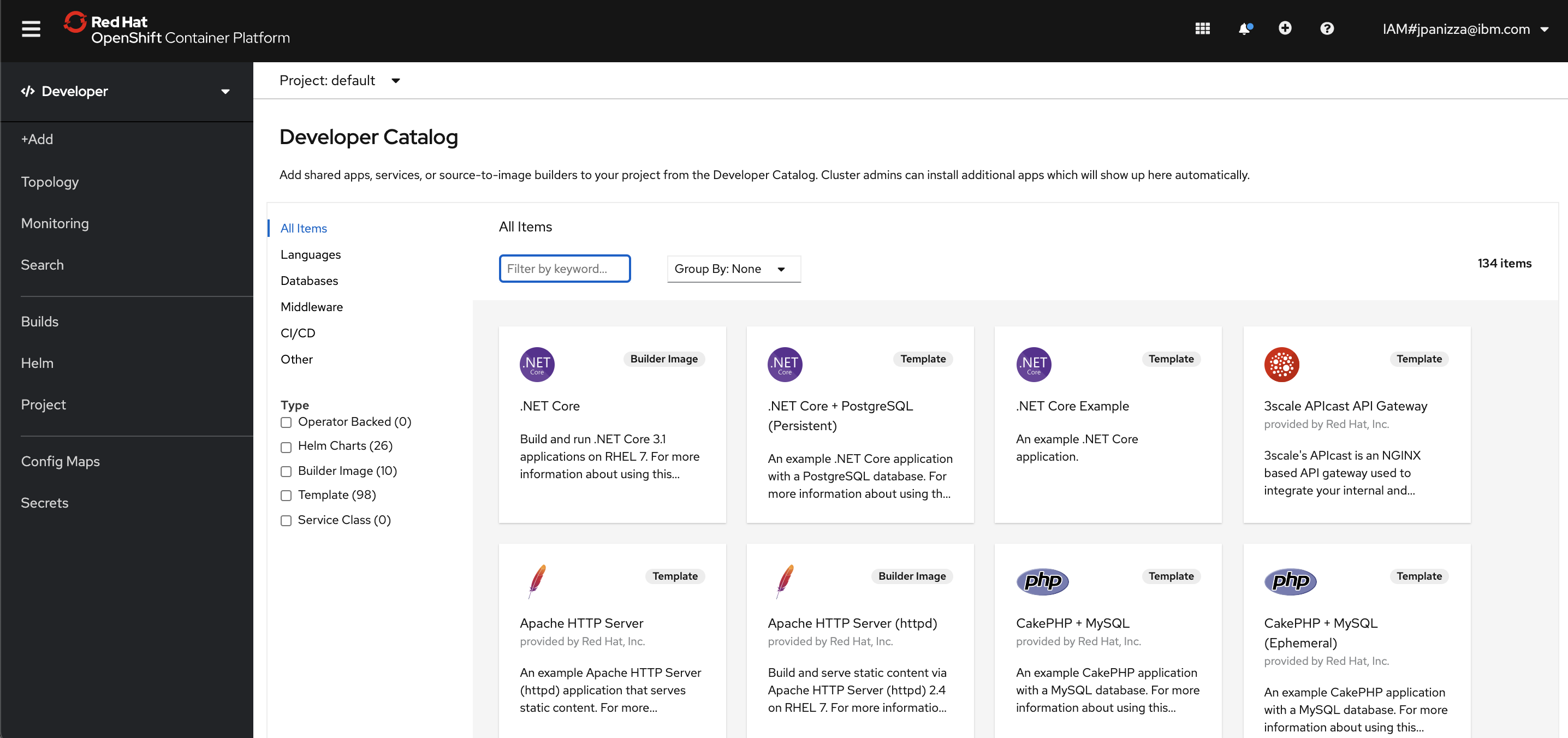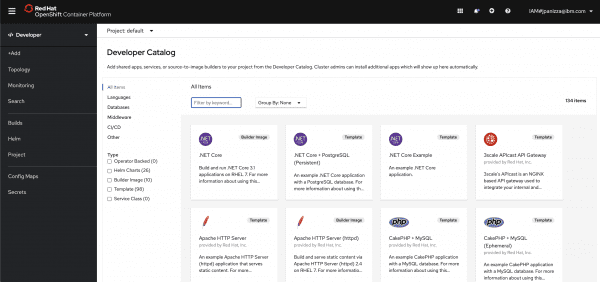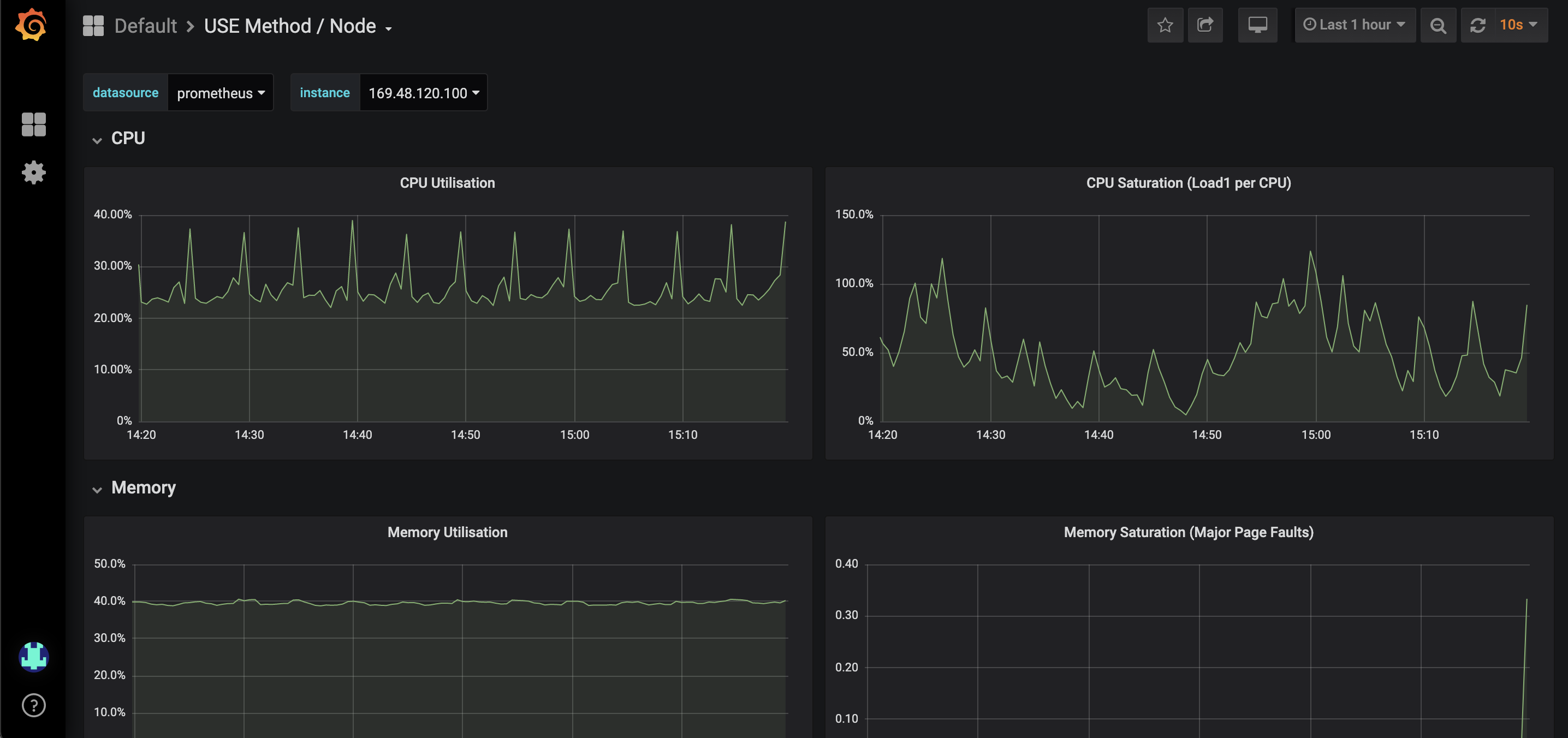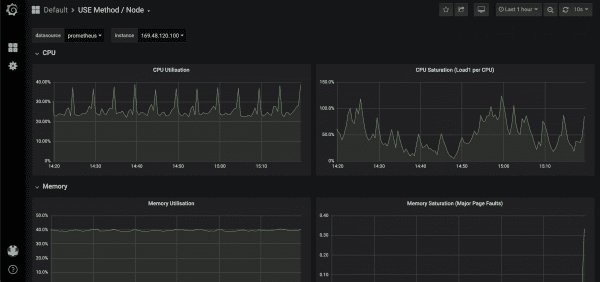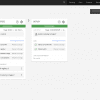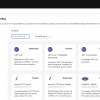Description
RedHat OpenShift es la plataforma número uno para orquestación de contenedores para el mundo Enterprise, basada en Kubernetes e incorporando un conjunto de soluciones pensadas para el despliegue, administración y monitoreo de las cargas de trabajo productivas, incluyendo todo lo necesario para la implementación de DevOps.
La adopción de Contenedores sobre la plataforma RedHat OpenShift en IBM Cloud busca transformar y modernizar las soluciones que Bantotal ofrece a sus clientes, brindando beneficios centrados en obtener una solución flexible y dinamica sobre un entorno de nube híbrida.
La implementación de contenedores sobre la plataforma RedHat OpenShift en IBM Cloud ofrece diversos beneficios al funcionamiento del core bancario de Bantotal.
Entre ellos encontramos:
- Seguridad: en la plataforma Cloud y en el acceso a la misma, incluyendo el análisis de vulnerabilidades en las imágenes.
- Multicloud Hibrida: Red Hat OpenShift se posiciona como la plataforma número uno en el ámbito enterprise en cuanto a despliegue de contenedores y se encuentra disponible en entornos multinube. Gracias a tecnologias nuevas como IBM Cloud satellite podemos desplegar clusters de OpenShift con IBM Cloud con cualquier infraestructura con cualquier cliente en cualquier lugar del mundo.
- Operaciones del día dos o Day-2 Ops: Gracias a los dashboards y los servicios incluidos en OpenShift, más la integracion de los servicios como LogDNA y SysDig se pueden obtener todas las herramientas necesarias para la observabilidad y monitoreo de las gestiones y operaciones del día dos.
- Instalación, Administración y Gestión: Debido a la solución de OpenShift nativa de IBM Cloud el poder aprovisionar un cluster es cuestión de breves y sencillas configuraciones.
- Mayor eficiencia en tiempos de aprovisionamiento, desarrollo, actualizaciones y despliegue: Cuando hablamos del viaje hacia la nube nos gusta hablar de varias etapas. La primera es la migración, enfocada en el ahorro de costo. La segunda etapa es la modernización, enfocada en mejorar los tiempos. Plataformas como OpenShift nos permiten obtener tiempos de despliegue y aprovisionamiento mucho menores que las tecnologías en infraestructura tradicionales, aumentando así la eficiencia de los procesos de actualización e instalación de soluciones.
- Escalabilidad: RedHat OpenShift nos permite escalar recursos fácilmente, de forma flexible y dinámica. Esta escalabilidad permite afrontar cualquier excedente en cuanto a uso de recursos y de ser necesario escalar automática y sencillamente recursos e instancias cuando surge mayor demanda.
Hoy RedHat OpenShift es uno de los pilares de IBM Cloud for Financial Services https://www.ibm.com/cloud/financial-services , un framework de soluciones en IBM Cloud que cumplen con los más altos estándares para correr cargas de trabajo críticas para el mundo financiero cumpliendo con normas europeas y norte americanas.
IBM Cloud for Financial Services fue diseñado en colaboración con Bank of America. Desde entonces, IBM ha construido un entorno de nube capaz de soportar las necesidades de la industria de servicios financieros para sus cargas de trabajo de misión crítica y protección de datos. IBM Cloud for Financial Services está diseñado para ayudar a reducir el riesgo para las instituciones financieras, sus socios y FinTechs, e innovar rápidamente con controles incorporados que se adhieren a todo el ecosistema.
More information

